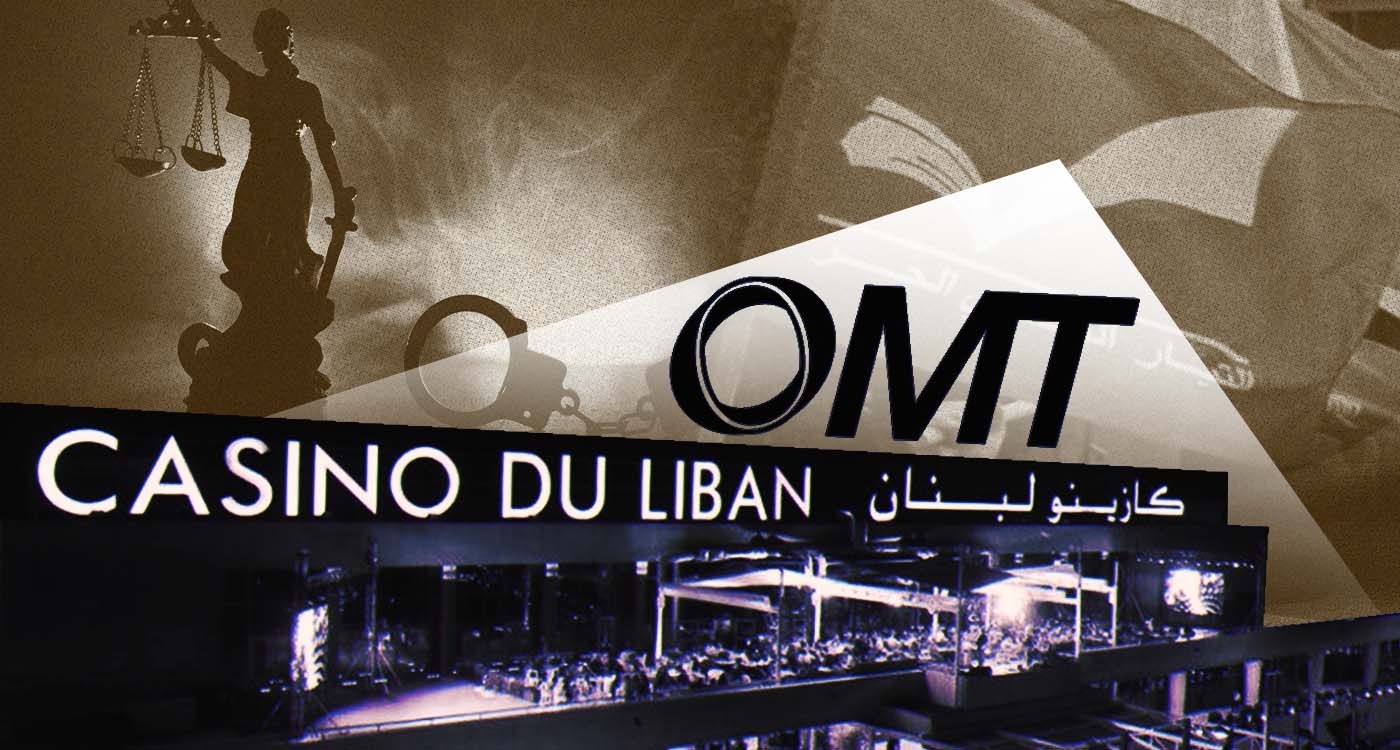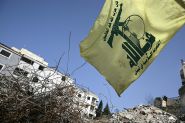
It was an operation that took everyone by surprise and deserves to be loudly applauded: Lebanese security forces, in coordination with financial judiciary authorities, carried out raids on the 18th of June at Casino du Liban—seizing computers and servers—and at a branch of OMT, a money transfer company. This is a rare assertion of authority in a country plagued by impunity, corruption, and clientelism.
Behind the lights and slot machines of the Casino lies a gray zone that has, for years, blended dirty money, influence-peddling, and financial balancing acts, all benefiting certain political networks. Among the names now circulating in judicial circles are Roland Khoury, president of the Casino and close to the Free Patriotic Movement (FPM), and Amal Abou Zeid, former MP and businessman, also linked to the FPM. Both are suspected of having facilitated—if not orchestrated—large-scale parallel financing operations, particularly benefiting political figures such as Michel Aoun and Gebran Bassil.
A Parallel System to Feed the Political Machine
According to consistent judicial sources, the raids were triggered by suspicions of illicit currency flows between the Casino’s networks, certain transfers processed by OMT, and accounts tied to political figures currently under international sanctions. One such figure is Gebran Bassil, leader of the FPM and son-in-law of former President Michel Aoun. (Bassil has been under Magnitsky sanctions since November 2020 for endemic corruption and misappropriation of public resources.)
What investigators now aim to establish is that Casino du Liban—supposedly a semi-public, regulated enterprise—was turned into a true pipeline for parallel financing, serving a declining political party and a family clan that continues to pull strings from the shadows.
Roland Khoury and Amal Abou Zeid: Two Figures Serving the FPM
Appointed head of the Casino in 2017, Roland Khoury has long faced accusations of mismanagement, favoritism in hiring, and shielding various dubious financial practices within the establishment. His loyalty to the FPM has never been a secret, and multiple observers have accused him of using his position to protect the political and financial interests of his backers.
As for Amal Abou Zeid—former presidential advisor and controversial businessman—he is suspected of playing a key role in channeling funds via shell companies and opaque money transfer networks (notably through OMT, some of whose employees are now undergoing intensive interrogation), with the apparent goal of financing the entire Aounist political campaign for the 2026 legislative elections.
Is Justice Finally Standing Up?
It’s still too early to gauge the full scope of this case, but yesterday’s raids mark a symbolic turning point: they show that part of Lebanon’s judicial and security apparatus may finally be willing to confront the symbols of impunity. This is not merely an investigation into illegal transfers or shadow financing—it’s a message to those who still believe political power can shield them from accountability for financial crimes.
If Lebanon is to emerge from the economic and moral collapse it has endured for years, initiatives like this must become the norm rather than the exception. But to do that, the process must go all the way: audit the accounts of the Casino and OMT, trace financial flows to their final destinations—even if that leads directly to Rabieh or Bsalim.
It’s time for Lebanese justice to stop fearing the powerful and start serving the citizens. Because as long as institutions like Casino du Liban remain in the hands of corrupt political clans, the entire Lebanese state remains hostage.




Comments